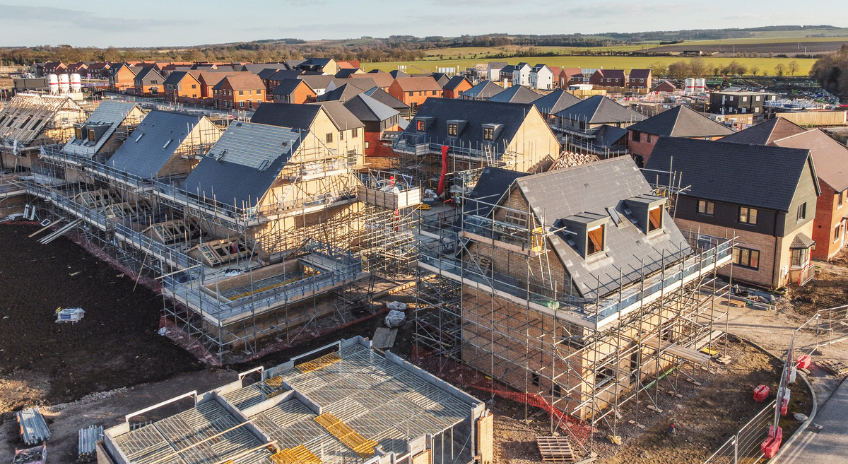
Planning for Diversification
Date: 04/10/2024 | Planning, Rural Business
More and more businesses are looking to diversify the use of their land. They might be motivated by new business opportunities, generational shifts, pursuit of a personal interested, or tax or subsidy reasons. We support these aims on a wide range of projects, from renewable energy infrastructure to providing hospitality to tourists. Whatever the project, everyone must abide by complex development planning rules. Successfully navigating the planning regime can help secure consents, ensure legal compliance and attract finance.
Pre-existing restrictions may constrain diversification unless they are formally removed. For example, planning permission conditions might require certain buildings to be retained, precluding renovations. Non-compliance with a planning condition could lead to enforcement action and, ultimately, a criminal offence.
Separately, contractual planning obligations may exist, such as in a ‘Section 75 agreement’. These can include ‘agricultural ties’ which limit the land to agricultural use or prescribe who can occupy it. When registered against the title to the land, such obligations continue to be binding even if the owner of the land changes. Ignoring an agricultural tie could be a breach of contract actionable in court.
Historic limitations aside, future development will also be subject to planning regulation. Different projects require different consents, depending on their nature and scale. Automatic permitted development rights may be available but, generally, physical works need fresh planning permission.
Changes of use may also require planning permission, even if no works are done. Jeremy Clarkson made headlines recently in relation to his Diddly Squat Farm in the Cotswolds. His planning appeals confirmed that using unbuilt land as a visitor car parking requires planning permission, even without physical changes to the land.
Additional consents may be relevant if special designations are in place, such as for Listed Buildings, Sites of Special Scientific Interest or where there is protected wildlife. Nationally important projects like large wind farms are subject to different application procedures and involve the Scottish Government from the outset.
Regulatory risks affect third parties as well as landowners. Neighbours may seek assurance that new proposals will not impact them unduly. Buyers and sellers of development sites need comfort they can be used as intended. Funders require agricultural ties to be lifted before providing loans secured against rural land. With multidisciplinary expertise and practical experience, Davidson Chalmers Stewart can guide you through the planning system and help unlock your land’s full potential.
This article was originally featured in the Autumn 2024 edition of LandBusiness magazine.































































